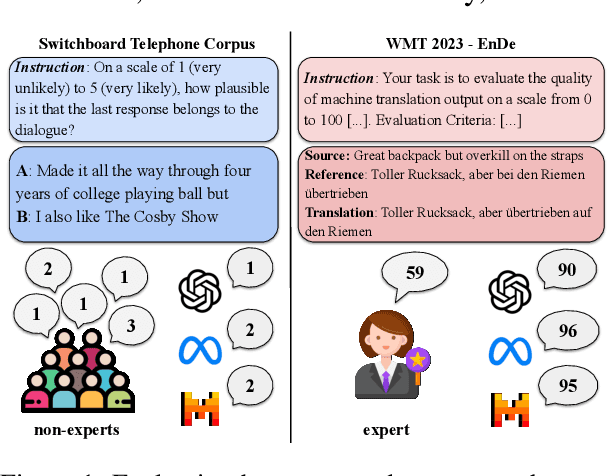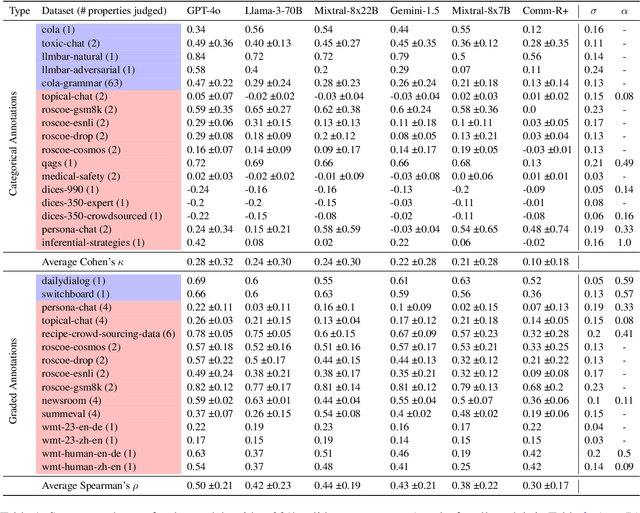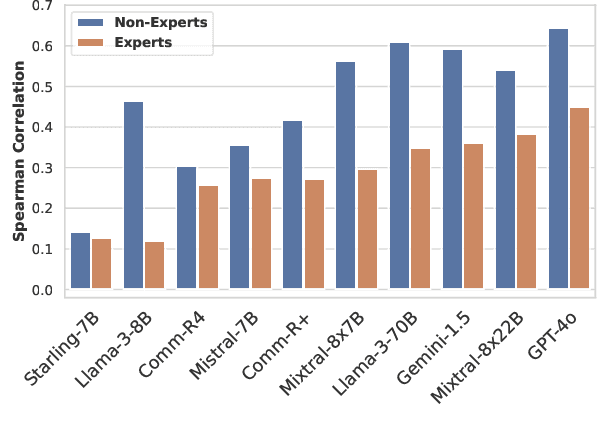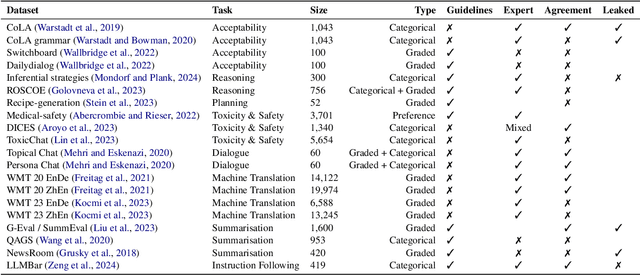Leonardo Bertolazzi
A MIND for Reasoning: Meta-learning for In-context Deduction
May 20, 2025Abstract:Large language models (LLMs) are increasingly evaluated on formal tasks, where strong reasoning abilities define the state of the art. However, their ability to generalize to out-of-distribution problems remains limited. In this paper, we investigate how LLMs can achieve a systematic understanding of deductive rules. Our focus is on the task of identifying the appropriate subset of premises within a knowledge base needed to derive a given hypothesis. To tackle this challenge, we propose Meta-learning for In-context Deduction (MIND), a novel few-shot meta-learning fine-tuning approach. The goal of MIND is to enable models to generalize more effectively to unseen knowledge bases and to systematically apply inference rules. Our results show that MIND significantly improves generalization in small LMs ranging from 1.5B to 7B parameters. The benefits are especially pronounced in smaller models and low-data settings. Remarkably, small models fine-tuned with MIND outperform state-of-the-art LLMs, such as GPT-4o and o3-mini, on this task.
The Validation Gap: A Mechanistic Analysis of How Language Models Compute Arithmetic but Fail to Validate It
Feb 17, 2025Abstract:The ability of large language models (LLMs) to validate their output and identify potential errors is crucial for ensuring robustness and reliability. However, current research indicates that LLMs struggle with self-correction, encountering significant challenges in detecting errors. While studies have explored methods to enhance self-correction in LLMs, relatively little attention has been given to understanding the models' internal mechanisms underlying error detection. In this paper, we present a mechanistic analysis of error detection in LLMs, focusing on simple arithmetic problems. Through circuit analysis, we identify the computational subgraphs responsible for detecting arithmetic errors across four smaller-sized LLMs. Our findings reveal that all models heavily rely on $\textit{consistency heads}$--attention heads that assess surface-level alignment of numerical values in arithmetic solutions. Moreover, we observe that the models' internal arithmetic computation primarily occurs in higher layers, whereas validation takes place in middle layers, before the final arithmetic results are fully encoded. This structural dissociation between arithmetic computation and validation seems to explain why current LLMs struggle to detect even simple arithmetic errors.
LLMs instead of Human Judges? A Large Scale Empirical Study across 20 NLP Evaluation Tasks
Jun 26, 2024



Abstract:There is an increasing trend towards evaluating NLP models with LLM-generated judgments instead of human judgments. In the absence of a comparison against human data, this raises concerns about the validity of these evaluations; in case they are conducted with proprietary models, this also raises concerns over reproducibility. We provide JUDGE-BENCH, a collection of 20 NLP datasets with human annotations, and comprehensively evaluate 11 current LLMs, covering both open-weight and proprietary models, for their ability to replicate the annotations. Our evaluations show that each LLM exhibits a large variance across datasets in its correlation to human judgments. We conclude that LLMs are not yet ready to systematically replace human judges in NLP.
A Systematic Analysis of Large Language Models as Soft Reasoners: The Case of Syllogistic Inferences
Jun 17, 2024Abstract:The reasoning abilities of Large Language Models (LLMs) are becoming a central focus of study in NLP. In this paper, we consider the case of syllogistic reasoning, an area of deductive reasoning studied extensively in logic and cognitive psychology. Previous research has shown that pre-trained LLMs exhibit reasoning biases, such as $\textit{content effects}$, avoid answering that $\textit{no conclusion follows}$, display human-like difficulties, and struggle with multi-step reasoning. We contribute to this research line by systematically investigating the effects of chain-of-thought reasoning, in-context learning (ICL), and supervised fine-tuning (SFT) on syllogistic reasoning, considering syllogisms with conclusions that support or violate world knowledge, as well as ones with multiple premises. Crucially, we go beyond the standard focus on accuracy, with an in-depth analysis of the conclusions generated by the models. Our results suggest that the behavior of pre-trained LLMs can be explained by heuristics studied in cognitive science and that both ICL and SFT improve model performance on valid inferences, although only the latter mitigates most reasoning biases without harming model consistency.
 Add to Chrome
Add to Chrome Add to Firefox
Add to Firefox Add to Edge
Add to Edge